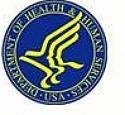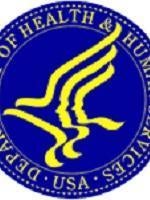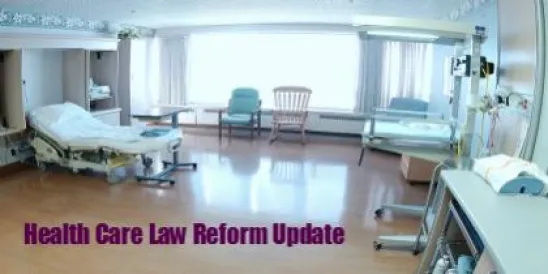The National Coordinator for Health Information Technology today announced a Discharge Follow-Up Appointment care transitions challenge – the second as part of the Office of the National Coordinator for Health Information Technology (ONC) Investing in Innovation (i2) Initiative. With the support of Health 2.0 and Partnership for Patients, ONC launched the Discharge Follow-Up Appointment challenge in support of ONC’s Investing in Innovation (i2) program.
The i2 Initiative is a bold new effort to spur innovations in health IT. The program utilizes prizes and challenges to facilitate innovation and obtain solutions to intractable health IT problems. Aligned with the Obama administration’s innovation agenda, i2 is the first federal program to operate under the authority of the America COMPETES Reauthorization Act of 2010.
Today’s challenge aims to stimulate the use of simple, information technology-enabled processes and tools to make transitions easier and safer for patients, caregivers and providers, particularly when a patient is discharged from a hospital. The first health IT challenge, Ensuring Safe Transitions from Hospital to Home  , called upon developers to create a web-based application that could empower patients and caregivers to better navigate and manage a transition from a hospital.
, called upon developers to create a web-based application that could empower patients and caregivers to better navigate and manage a transition from a hospital.
This latest challenge was announced during today’s Care Innovations Summit. The Summit is co-hosted by the ONC, the Centers for Medicare & Medicaid Services, the West Wireless Health Institute and Health Affairs to call attention to importance of care transitions and address the gaps in care coordination with a focus on better care and better health at a lower cost.
The scheduling of follow-up appointments and post-discharge testing before leaving the hospital helps ensure safer and more effective transitions. Unfortunately, most patients across the country continue to leave the hospital without confirmed appointments and many providers remain frustrated by a highly manual and unreliable system. The Discharge Follow-Up Appointment challenge will focus on promoting effective care transitions.
“This challenge is an enormous opportunity for software developers to develop solutions, and pursue models that can be adopted across a community,” said Farzad Mostashari, M.D., Sc.M., national coordinator for health information technology. “Scheduling post-discharge follow-up appointments is critical, but not easy for patients or providers and we’re excited by the possibilities that will stem from this challenge.”
For additional information about ONC or on the i2 program, visit http://HealthIT.HHS.gov.
For more information about Health 2.0, which helps support the i2 challenge program, visit www.Health2Con.com  .
.
For more information about Partnership for Patients, which also supports the i2 challenge program, visithttp://www.healthcare.gov/compare/partnership-for-patients/index.html .
For more information about U. S. Department of Health and Human Services’ Recovery Act programs, seewww.hhs.gov/recovery.




 />i
/>i
